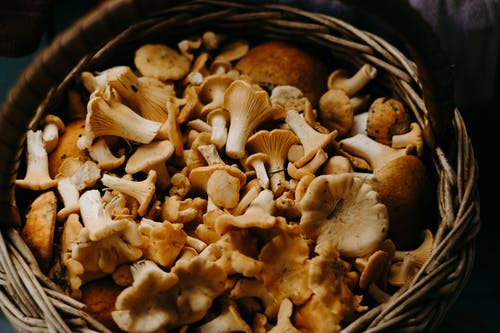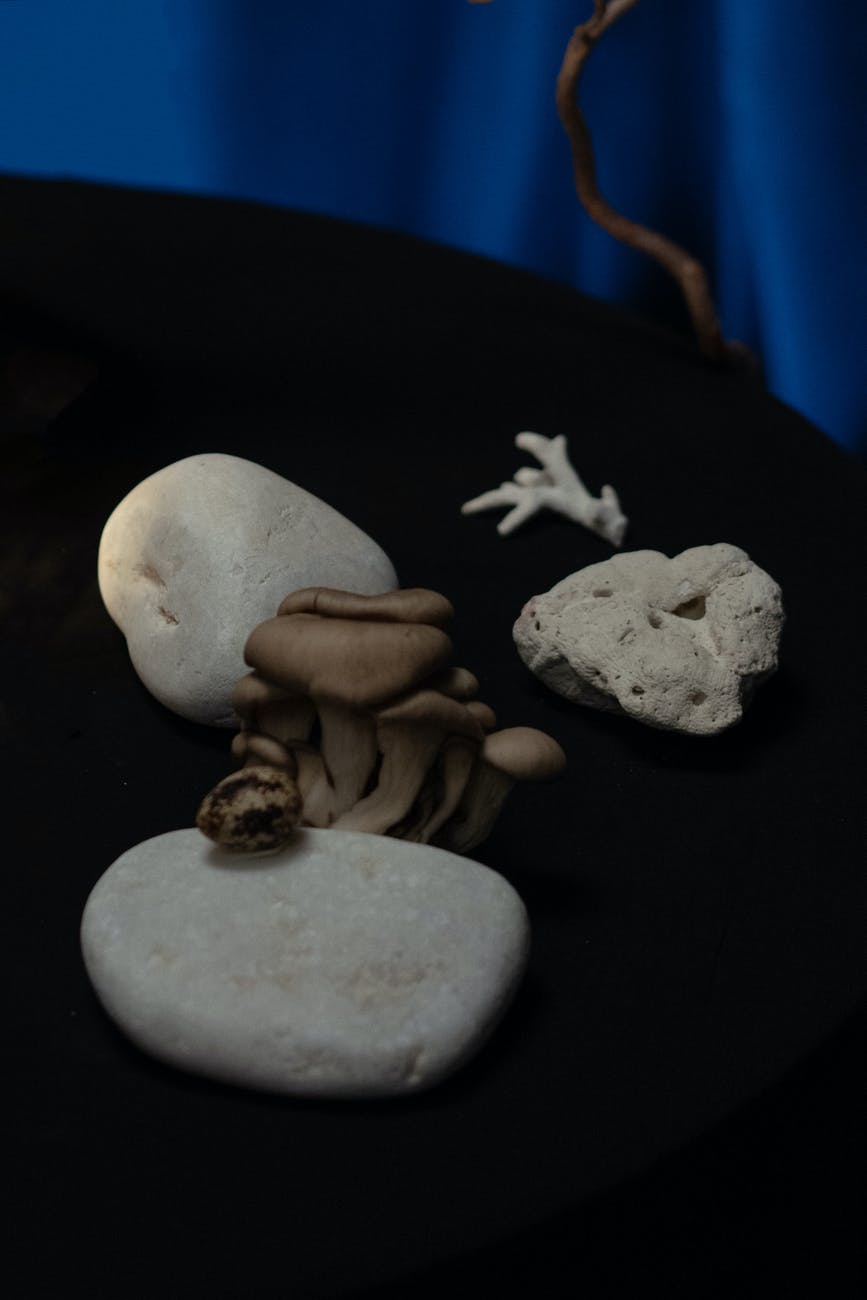Magic mushrooms show promising results for treatment-resistant depression.
Compass Pathways, a mental health care company researching how psilocybin therapy could help people with treatment-resistant depression, has unveiled long-awaited study results showing that psilocybin has shown to be, in fact, an effective form of treatment in clinical trials. The company reported that the psychedelic was “highly efficacious as a therapy for treatment-resistant depression.”
Compass’ study, in Phase 2b, represents the largest randomized, controlled, double-blind trial in favor of psilocybin (i.e., the psychoactive component of magic mushrooms). Researchers signed up 233 patients at multiple sites across Europe and North America to participate. And, the U.S. Food and Drug Administration (FDA) even awarded Compass Pathways’ treatment a breakthrough therapy designation, meaning that, if further trials continue to show promising results, the agency will accelerate approval for the use of psilocybin to treat mental health disorders.
Compass Pathways reported that patients given 25 milligrams of the drug (the highest dose) had “a significant decrease in depressive symptoms compared to those given 1 milligram” (essentially functioning as a placebo). They stated that, overall, “29.1% of patients in the highest-dose group were in remission three weeks after treatment, compared to 7.6% of those in the control group, and more than 25% of the patients in the 25-milligram arm were still in remission three months after treatment.”

The team indicated, “The topline results show rapid and sustained response for patients receiving a single 25mg dose of COMP360 psilocybin with psychological support.” In other words, the patients ingested the highest dose while also receiving mental health treatment from a clinician.
There was also “an average reduction on a measure of clinical depression (the Montgomery-Asberg Depression Rating Scale) that was 6.6 points greater than those who took 1 milligram. Other patients were given a 10-milligram dose, but there was not a statistically significant impact for those patients compared with the 1-milligram arm.”
Lars Christian Wilde, co-founder and president of the company said, “Everyone agrees such a result hasn’t been seen before in depression research, so we’re incredibly happy with that result.”
Boris Heifets, a neuroscience researcher at Stanford called the results “super promising,” and added, “The effectiveness of psilocybin at three weeks, according to Compass’ study, is roughly comparable to the effects of ketamine at one day, according to a smaller 2013 study, which suggests the benefits of psilocybin hold up well over time. We’re still missing a lot of the detailed data, but the summary results are pretty good news.”
Of the more than 200 patients enrolled in the study, a dozen did experience “treatment-emergent serious adverse events,” including suicidal ideation and instances of self-harm. These adverse events came from individuals who were not showing progress during the clinical trials.
“The suicidal behaviors were reported at least one month after the administration of treatment and they occurred in patients who were essentially non-responding,” Guy Goodwin, Compass’ chief medical officer, clarified. “We’re dealing with a severe patient population, both in terms of patient severity and duration of their depressive episode. Unfortunately, those events have to be expected. There were three suicides in studies of esketamine, the only psychedelic currently approved for treatment-resistant depression.”
Sources:
Largest psilocybin trial finds the psychedelic is effective in treating serious depression


Join the conversation!